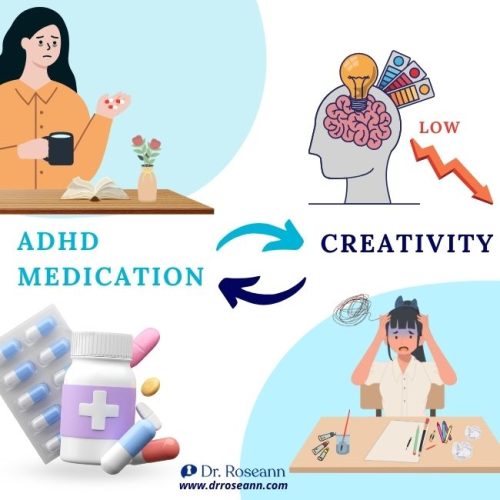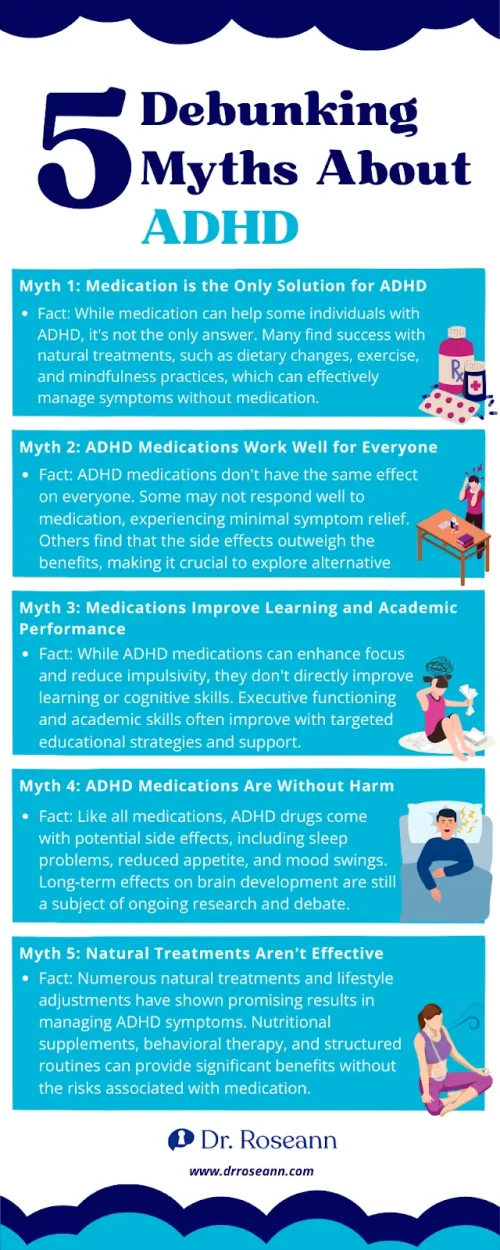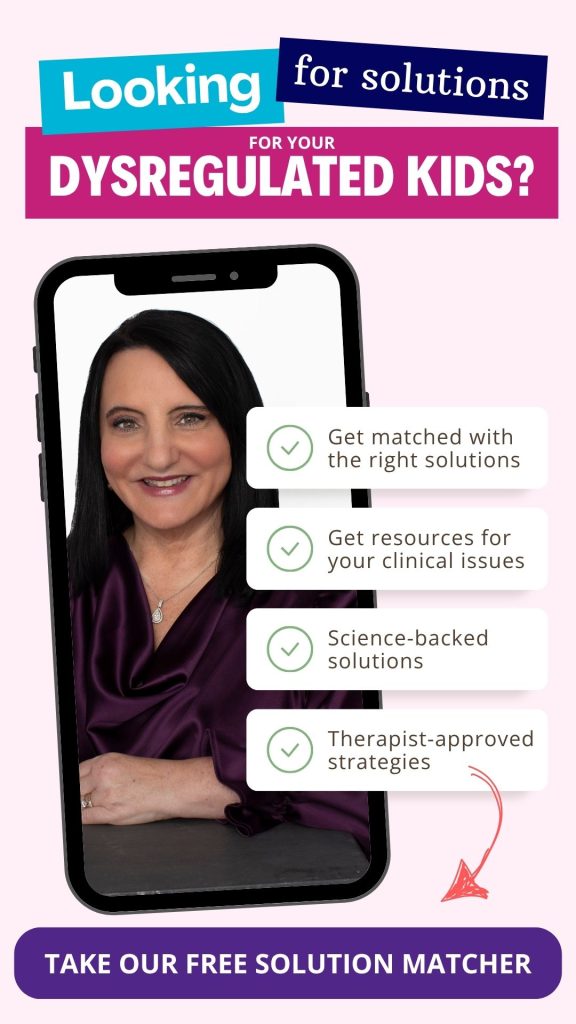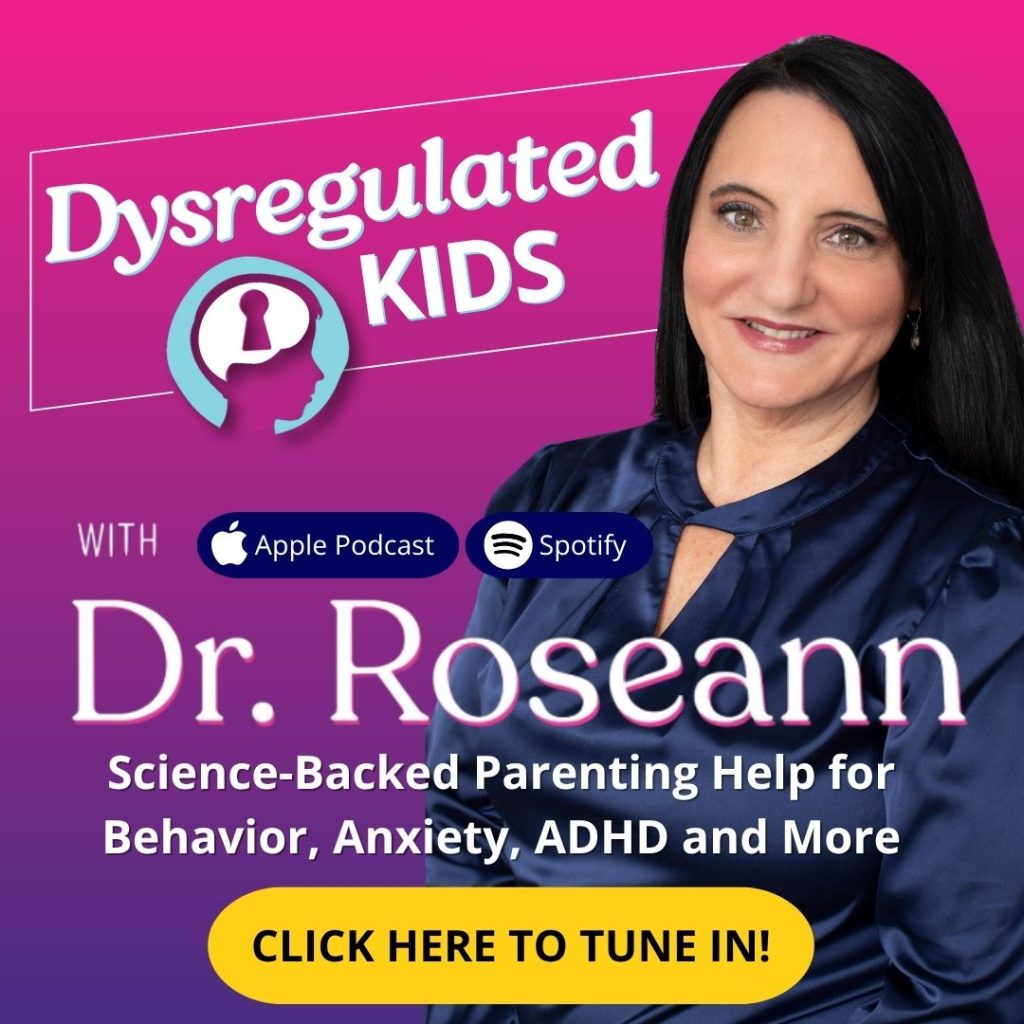Estimated reading time: 6 minutes
Worried about whether ADHD medication is safe for your child? So many parents sit with that same heavy question. You just want the struggles with focus, school, and homework to ease—yet the thought of side effects and long-term impact makes you hesitate.
In this guide, I’ll break down the real risks and benefits, clear up misconceptions, and share natural ways to calm the brain first—plus stories from families walked this path, so you feel supported—not alone—in making the decision that’s best for your child.
What Types of ADHD Drugs Are Prescribed for Children?
| Stimulants (like Ritalin or Adderall) | Non-stimulants (like Strattera or Intuniv) |
|---|---|
| often work quickly to boost focus and reduce impulsivity, which is why they’re the most commonly prescribed ADHD medications | take longer to work but may bring fewer side effects for some children—something parents often appreciate when sleep or mood is already a concern |
What Are the ADHD Drug Side Effects and Long-Term Risks?
ADHD drugs can be game-changers—but every parent asks the same question: what’s the trade-off? Some kids soar with improved focus and calm, while others struggle with side effects. That’s why working closely with your provider—and keeping a close eye on your child’s day-to-day—matters most.
Common short-term side effects:
- Decreased appetite
- Sleep problems
- Irritability or crankiness
- Headaches
- Tics, mood swings, or stomach upset (for some kids)
Think of these as speed bumps: jarring and inconvenient, but often temporary. With time, adjustments, and support at home, many families see improvement.
Long-term considerations:
- Stimulants, when used as prescribed, don’t create addiction. They can, however, stunt growth in some children and raise concerns about sleep or cardiovascular health (Ersche et al., 2013).
- Non-stimulants? We’re still in the learning phase, because the long-term story hasn’t fully unfolded.
Other possible downsides some parents notice:

- Creativity dips – A few kids feel less spark, like crayons missing their brightest colors.
- Mood shifts – Irritability or sudden changes in mood—regular checkups are important.
- Heightened emotions – Some children feel emotions more intensely, like the volume dial turned up too high.
- Reduced appetite – Nutrition can become a balancing act, so meal planning matters. One study found children on methylphenidate ate less, lost weight, and had shifts in hunger hormones like ghrelin and adiponectin (Sahin et al., 2014).
- Brain development questions – Debate continues, yet some findings suggest long-term stimulant use may reshape brain structure during development (Ersche et al., 2013). It doesn’t mean panic, but it does mean caution.
Parent Story:
Laura, mom of a 9-year-old, noticed her son became moody after starting medication. With a dose adjustment and calming supports at home, he found better balance.
Takeaway:
ADHD drugs can be effective, but side effects and risks look different for every child. Careful monitoring and support at home help families find the right balance.

Do ADHD Medications Actually Work?
For about 7 in 10 kids, stimulants sharpen focus and help with impulse control. Non-stimulants help fewer children, yet can be useful when stimulants don’t fit. The important thing? Medication quiets the noise, but it doesn’t solve the dysregulated brain underneath.
When Should Parents Consider ADHD Medication?
- Severe school disruption
- High safety risks (impulsivity, aggression)
- Child’s distress and self-esteem issues
But medication isn’t the only option—many families combine it with lifestyle and natural supports. Remember: parents aren’t failing if they need to consider medication. What matters most is finding the right balance for your child.
Are There Natural Alternatives to ADHD Drugs?
- Magnesium, omega-3s, exercise, sleep, neurofeedback.
- Regulation First Parenting™: Regulate → Connect → Correct.™
Parent Story:
Marcus, age 11, struggled with homework meltdowns. His parents added magnesium glycinate and a structured bedtime routine. Within weeks, his focus improved—without meds.
Natural supports can calm the brain and sometimes reduce or even replace the need for medication
How Can Parents Decide if ADHD Drugs Are Safe for Their Child?
- Partner with a knowledgeable provider you trust to guide you through the options.
- Track benefits and side effects so you can see the whole picture—not just the challenges.
- Start with regulation supports first—because when the brain is calm, everything else works better.
| Benefits | Risks | Alternatives |
|---|---|---|
| Better focusAppetite loss | Appetite loss | Magnesium |
| Fewer meltdowns | Sleep issues | Neurofeedback |
| Improved schoolwork | Mood swings | Exercise |
How Do You Balance the Benefits and Risks of ADHD Drugs?
Every parent asks the same thing—does the good outweigh the bad when it comes to ADHD drugs?
For some kids, medication feels like flipping on a light switch. They finally focus, hold themselves together, and daily life softens around the edges. For others, though, the side effects create bumps that no parent saw coming.
| Potential benefits | Possible drawbacks |
|---|---|
| Better focus and school performance | Appetite loss, sleep issues, or irritability |
| Calmer behavior and fewer meltdowns | Growth concerns and cardiovascular risks |
| Relief for kids and parents from daily struggles | Limited research on long-term safety |
That’s why medication works best when it’s not the first step. Calming the brain naturally—through diet, movement, supplements, and brain-based tools like our CALM PEMF® device—gives kids a stronger foundation for learning and emotional growth.
💡 Want more natural tools to support focus and calm? Check out the Natural ADHD Focus Formula Kit—a parent-friendly bundle designed to boost attention, ease stress, and support school success without relying only on medication.
Parent Action Steps
FAQs
Is there a cure for ADHD?
There isn’t a cure, yet symptoms can be managed. With the right mix of medication, behavioral therapy, and strategies that calm the brain, kids can focus better and thrive. Medication doesn’t erase ADHD—it helps manage the challenges.
Are higher doses of ADHD medication more effective?
A systematic review shows that while a higher dose of ADHD medication can sometimes improve focus, it may also increase the risk of side effects. Adjusting treatment or considering other medications may be necessary for optimal results.
Do ADHD medications pose a higher risk for certain individuals?
Some individuals, such as those with coexisting conditions or sensitivities, may face a higher risk of side effects or complications. Mental health professionals emphasize the importance of personalized care and exploring other medications or approaches when needed.
Are ADHD medications considered controlled substances?
Yes. Many stimulants, like Ritalin or Adderall, are DEA-regulated due to their potential for misuse. With medical oversight, they’re safe and effective tools for many kids.
Can ADHD medications lead to substance abuse?
When taken as prescribed, stimulants rarely cause addiction. In fact, they often lower long-term risk. Still, careful monitoring is essential—especially for teens or kids with a history of substance concerns.
Citations
Ersche, K. D., Williams, G. B., Robbins, T. W., & Bullmore, E. T. (2013). Meta-analysis of structural brain abnormalities associated with stimulant drug dependence and neuroimaging of addiction vulnerability and resilience. Current Opinion in Neurobiology, 23(4), 615–624. https://doi.org/10.1016/j.conb.2013.02.017
Sahin, S., Yuce, M., Alacam, H., Karabekiroglu, K., Say, G. N., & Salıs, O. (2014). Effect of methylphenidate treatment on appetite and levels of leptin, ghrelin, adiponectin, and brain-derived neurotrophic factor in children and adolescents with attention deficit and hyperactivity disorder. International Journal of Psychiatry in Clinical Practice, 18(4), 280–287.https://doi.org/10.3109/13651501.2014.940054
Dr. Roseann is a mental health expert in ADHD who frequently is in the media:
- Helping Children Thrive Podcast Benefits of Neurofeedback for children with ADHD
- She Knows 11 Products Moms of Kids With ADHD Swear By to Maintain Order in the Chaos
- The Healthy 12 Silent Signs of Adult ADHD You Might Be Ignoring
- It’s Gonna Be OK! Podcast ADHD Series
Always remember… “Calm Brain, Happy Family™”
Are you looking for SOLUTIONS for your struggling child or teen?
Dr. Roseann and her team are all about science-backed solutions, so you are in the right place!
Grab your complimentary copy of
©Roseann Capanna-Hodge 2025












